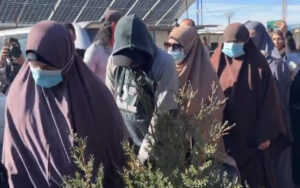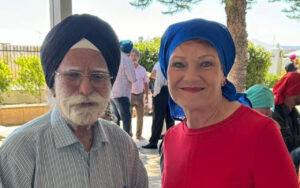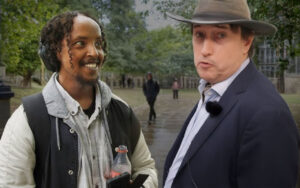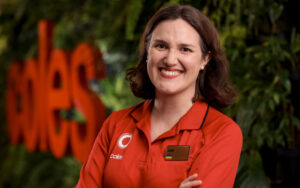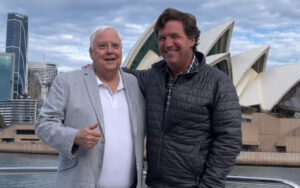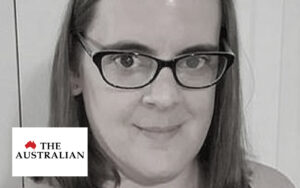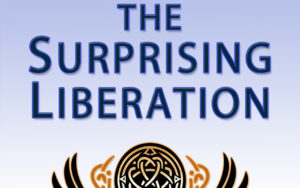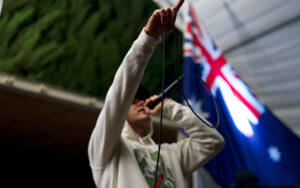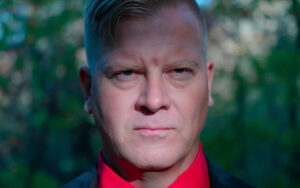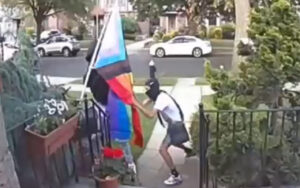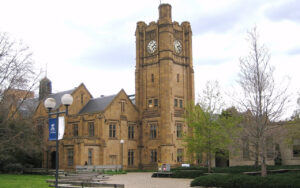Australia is experiencing a childcare centre crisis with a wave of physical abuse and neglect reported around the country, but state and federal Labor governments want kids spending more time in daycare and are pumping public funds into the private business dominated sector.
One of the most shocking cases was recently shown on the ABC’s 7.30, with a childcare worker repeatedly slapping a baby and laughing while a second filmed.
The assault took place at an Affinity Education centre in the western Sydney suburb of South Strathfield in May 2023, with the footage later uploaded to social media.
In a separate incident reported by The Sydney Morning Herald, a childcare worker used a child as a mop to clean up the toddler’s vomit. The infant, who was under two-years-old at the time, was “picked up by the childcare worker and moved from side to side so that their bottom cleaned the vomit from the floor”. The worker then used the soiled pants to wipe the child’s face.
This incident occurred at the Affinity Education-owned Milestones Early Learning in Raby in southwest Sydney in November 2023, with the worker later claiming she didn’t know what she was doing, saying she was “sorry”, and that she was unaware she was being filmed on CCTV.
Both the Raby and South Strathfield workers were sacked, with one of the South Strathfield workers convicted of common assault and the still before the courts on multiple charges.
The two South Strathfield workers were permanently banned from the sector by the regulator, while the Raby worker was banned for a year but later had her prohibition from working in care and education lifted after an appeal to the NSW Civil and Administrative Tribunal.
But these cases are just two of many accounts of horrific abuse reported in childcare centres, with others involving a child being forced to drink their medicine from a paint cup, as well as other incidents involving disproportionate discipline and corporal punishment.
In addition to the abuse seen within the centres, the sector has also seen a surge in disturbing events driven by the profit-seeking imperatives of the industry. As another recent ABC investigation into the industry revealed, more than 70% of our childcare industry is owned by for-profit corporations who dominate the sector and rake in more than $20 billion a year.
This has led to obvious failures and discrepancies within the industry.
One example is the quality of education offered at each centre, with the ABC noting 47,000 enrolments at for-profit businesses that are not up to national quality standards, while there are just 8,500 kids in non-profit centres that fail to measure up. At the same time, only 14% of for-profit centres exceed the standards – half the rate of non-profits.
One of the most egregious cases involved the 3 Bears centres, owned by Dinh Trang. The group operated for more than 10 years and received over 300 breaches of the industry’s quality standards before it was shut down.
As reported by the ABC, the alleged breaches involved “over-enrolling, shuffling kids to evade inspections, and allegedly leaving them in a van for three hours without water to avoid authorities”.
The report further detailed a series of errors across the centres amid an overall “culture of coercion”. The ABC also revealed that 3 Bears staff were rewarded for over-enrolling students, threatened with pay cuts of over 20% if enrolment numbers didn’t rise, and told to wear their hair in French twists and wear make-up for an extra $1 per hour.
Another issue within the sector involves the employment and exploitation of unqualified workers, often international students.
One former childcare worker, Ashley Sy, told the ABC, she had seen international students being exploited and observed unqualified staff being hired that resulted in a decline in quality of care.
Ms Sy said the problem was most apparent at for-profit centres, and that there was an overall trend within the industry to prioritise making money over caring for the children.
“Early childhood education care has the largest number of private services and it’s because people see it as a very lucrative business that makes you a lot of money,” she said.
“There have been people who come into early childhood not because they have a passion for it, not because they want to better the next generation, but because it’s going to make them a lot of money and families are willing to pay that because they want the best for their children.
“The conditions that the early childhood education and care system is in now it’s in shambles.”
Other problems that have emerged include a series of incidents across Melbourne centres involving parents who were “disturbed” to discover that their children were being sat in front of TVs, iPads and screens for periods at a time.
There has also been a spate of sexual misconduct and offences within the industry, with at least an incident a day reported in centres across Victoria, WA and NSW. Queensland, Northern Territory and South Australia currently have no such reportable conduct scheme.
In April a shocked mother reported that her four-year-old was the victim of a child-on-child sexual assault at a Queensland childcare centre while out of sight of staff, and a month before that another parent spoke out after a Pakistani immigrant daycare worker was jailed for sexually abusing her child in Canberra.
And last month in Sydney another childcare worker, Quoc Phu Tong, 35, was jailed for two years for sexually touching a child.
The problems plaguing Australia’s childcare centres occur amid a backdrop of state and federal governments seeking to further grow the sector.
Prior to the federal election, Prime Minister Anthony Albanese offered three days a week of subsidised childcare for most young families as well as promising $1 billion in funding to build or expand a range of early education centres.
In Victoria, the Jacinta Allan-led Labor government is building 50 state-owned and operated childcare centres, and it has already introduced “universal three-year-old kinder [and] made both three- and four-year old kinder totally free for every Victorian child”.
These developments occur in direct contrast to a raft of academic literature which casts doubt on the supposed benefit of universal childcare and prioritises the relationship between parents – especially mothers – and children instead.
American author Mary Ebestadt, for instance, has long documented the correlation between parental absence via childcare usage and such pathologies as obesity, physical and mental illness, sexual promiscuity and aggression.
Header image: Left, a baby being slapped by a worker. Right, Dinh Trang from 3 Bears.






